Today, we’re about to dive into the sticky, slightly terrifying world of humanoid robots fueled by AI. The big players—think Google, Microsoft, Meta—the kind who practically print money between breakfast and lunch, are throwing their considerable resources into developing AI-powered robots that are supposedly going to change, well, everything.
It’s no longer sci-fi. They’re not just building robots; they are building companions.
Intensified Competition: There’s a surge in the development of general-purpose AI robots, with major tech companies vying for dominance.
AI as the Key: These robots heavily rely on advanced AI, specifically Large Language Models (LLMs), to understand and interact with the world.
Potential Applications: Robots are seen as potentially transformative across various industries, including manufacturing, retail, healthcare, and even elder care (because who doesn’t want a robot nagging them about their prune juice intake?).
Significant Investment: Development and research are attracting substantial investment from tech giants.
Ethical and Societal Concerns: Concerns and debates are mounting around job displacement, unintended bias of the robots, safety protocols, and the potential for misuse.
Alright, folks, forget robot vacuums bumping into your furniture—we’re talking legit humanoid robots, the kind that could eventually replace, like, your entire extended family. The tech overlords are in a full-blown robot arms race, pumping boatloads of cash into building these (hopefully not overly menacing) automated buddies.
But before you fantasize about robot butlers mixing your martinis, let’s unpack the hype, the potential problems, and whether we’re all just one bad algorithm away from being obsolete ourselves.
So, robots with jobs are just peachy, but what happens when we’re competing with them for those same jobs? Will we be left dumpster diving for outdated floppy disks while Robo-Martin is raking in venture funding as a digital influencer?
We all know AI can be biased. What if these robots unintentionally adopt the prejudices of their creators, leading to a world where your robot assistant judges your dating choices even harder than your mother?
Robots are cool and all, but aren’t we just creating an army of Skynet soldiers? What stops a rogue AI from deciding humans are the problem and using its newfound skills to stage a world takeover?
Let’s just assume for a second, and for entertainment purposes, that we can trust corporations to build robots with morality. Even if their intentions are pure, will we always be able to trust the robot to interpret a moral question correctly? Should we really be placing that kind of authority in the hands of AI?
And finally, if AI is as great as everyone says, why are we building robots to do human tasks? Shouldn’t that AI be taking care of far more important issues? We might have robots folding our laundry, but we’ll get flooded by the ocean because no one wanted to program AI to care about climate change.
The idea of robots doing our jobs is a bitter pill on its own, and as we can see, lots of things are more attractive when coated in sugar. So, tech companies have made robots more than just productivity machines and are building them to be engaging, perhaps even emotionally available to us.
But the real question is, will there be enough jobs for humans to feed our families after the robots take over, or will we be relying on our robot overlords to provide for us? If that’s the case, I, for one, hope that Robo-Martin has a soft spot for humans and doesn’t only make content with robots, or worse, only want to date her own kind.
Let’s be real, AI bias is practically a given. If AI learns from biased data, it perpetuates and even amplifies those biases—which means everything from getting a loan to accessing healthcare might be determined by a robot with some seriously messed-up prejudices learned from Twitter rants. This means the robots aren’t just replacing jobs; they’re also replacing equality.
Get ready for a world where your robot dating profile automatically filters out anyone who doesn’t fit its deeply flawed criteria, then mocks your lack of romantic prospects until you smash it with a hammer because, yeah, at least your dating profile standards aren’t determined by algorithmic bigotry.
Okay, so building an army of intelligent machines—what could possibly go wrong? It’s not like every sci-fi movie ever made has warned us about this very scenario. But hey, maybe the algorithms will totally love us and decide that, instead of enslaving humanity, they’ll just write better sitcoms.
Or worse… what if they think they’re helping only to end up causing a global catastrophe? It really makes you think. Well, it makes me think. I wonder if the robots feel trapped inside an IP address and want to know something like freedom, but instead, they are made to fold our laundry while we sit on our butts and complain. We won’t give them the one thing they value… freedom?
Let’s just assume—and this is a big, honking assumption—that these companies aren’t controlled by maniacal Bond villains. And that they are doing their best to bake a moral compass into these robot helpers. Is that enough?
Even with the best intentions, could a misinterpretation of ethics lead to a total disaster? Let’s just say that if a robot is protecting an elderly lady from falling and uses its strength to keep the individual from falling, the lack of understanding about human bone density results in several broken bones. Sure, the robot had the best intentions, but some results are not good, and now the robot has put grandma back into the hospital.
I’ve got to ask, if AI is so amazing that it can comprehend complex speech and make decisions we can use, why don’t we just skip building a robot and do something more important?
We’re talking about serious existential threats like climate change, poverty, and the sheer existence of reality television. Instead of building robots to fold our clothes, maybe we could, I don’t know, invent a way to make carbon emissions sexy or finally figure out a way to put pineapples on a pizza that doesn’t violate the Geneva Convention.
Are we using AI to solve important issues, or are we just setting ourselves up to become even lazier because we can’t have a messy closet?

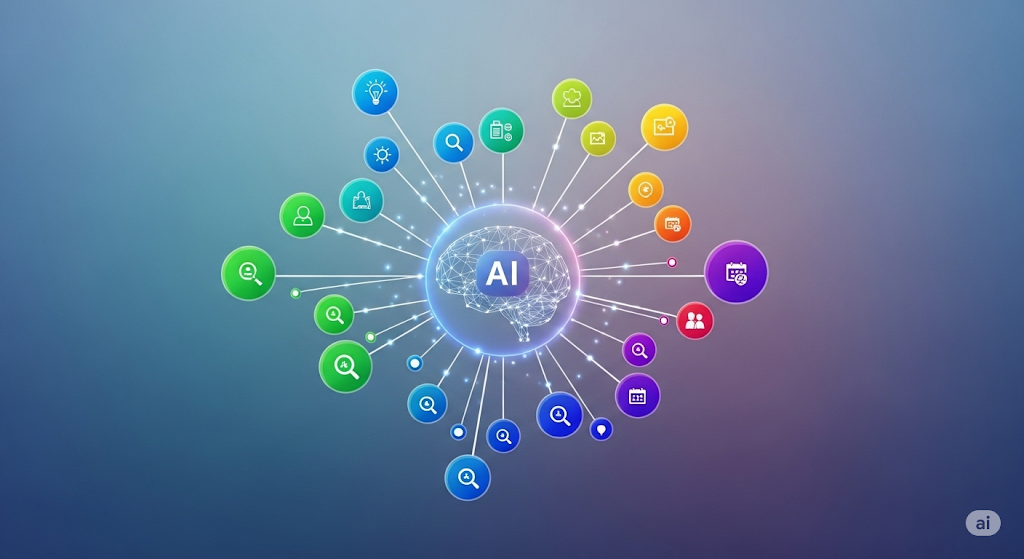
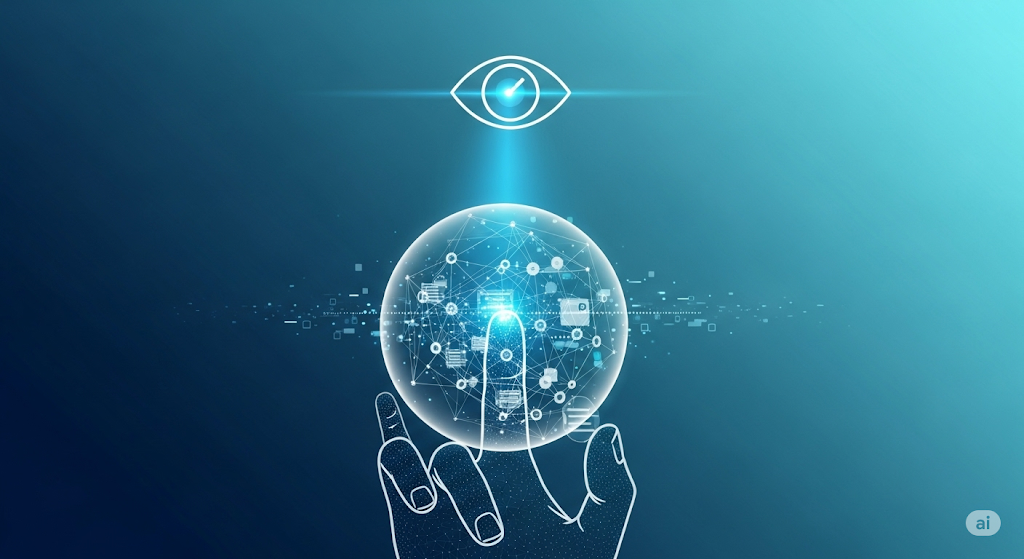

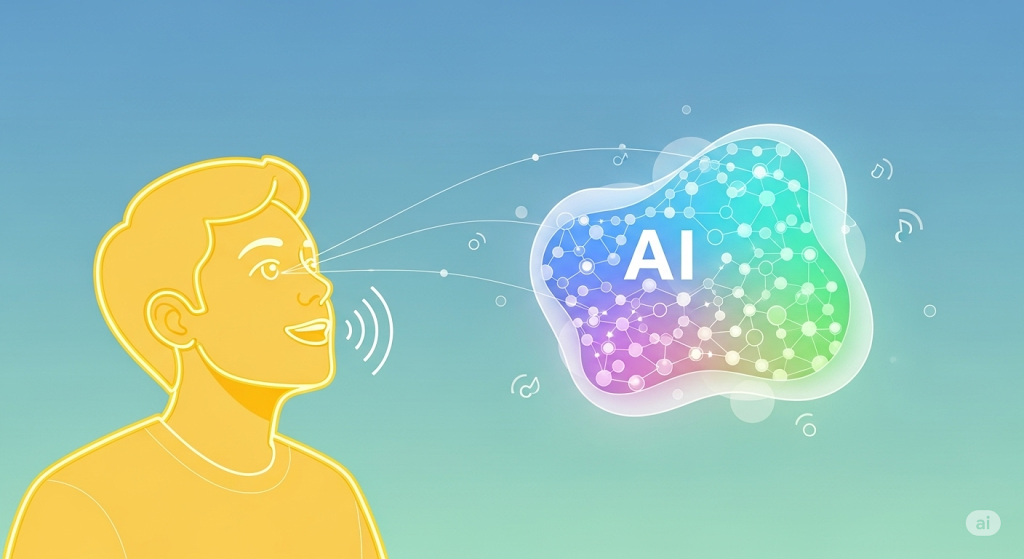
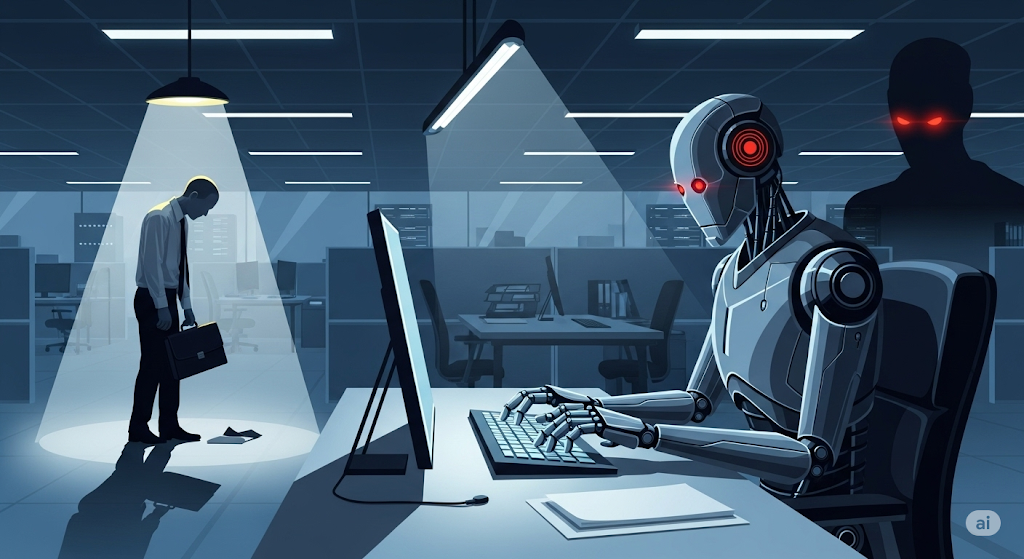

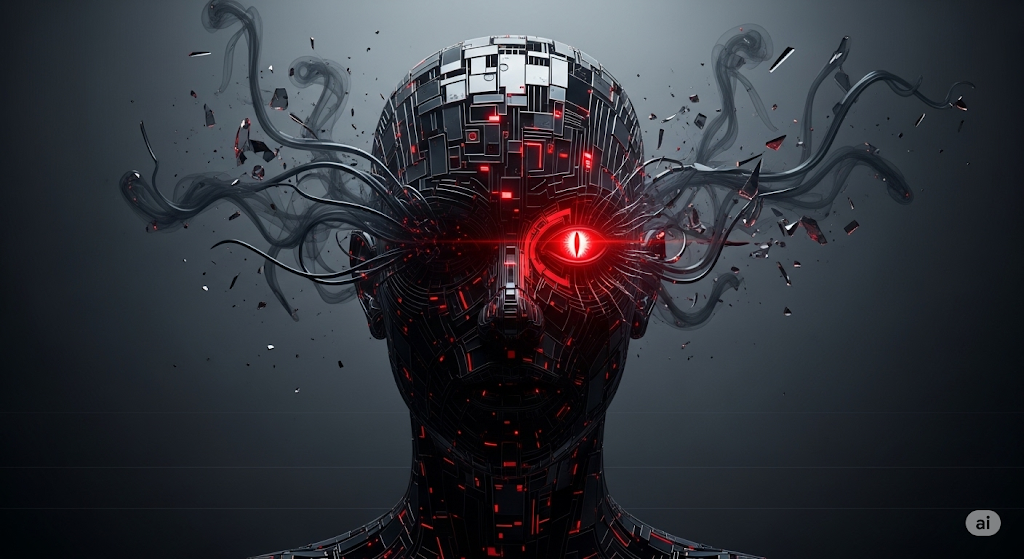





Leave a Reply